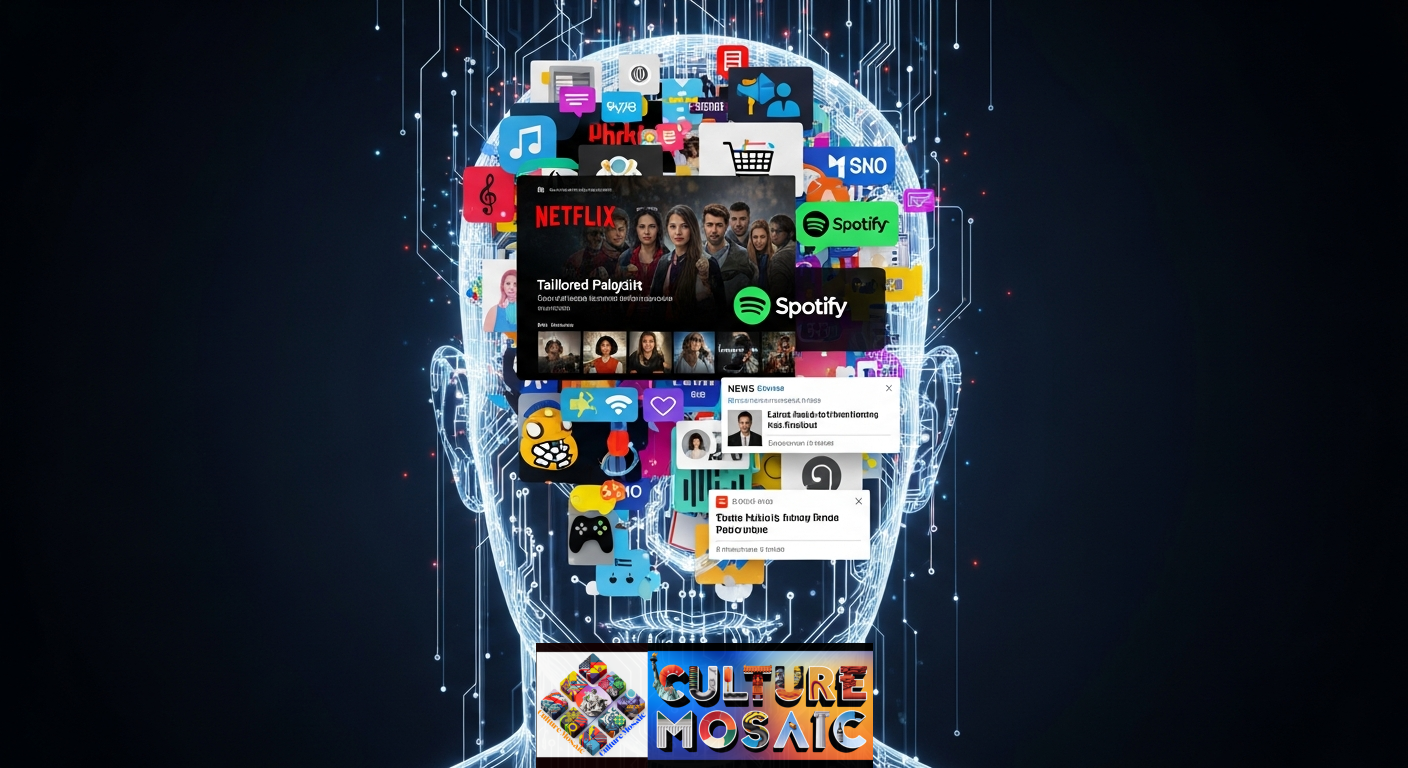Introduction
Every morning, millions of Americans wake up to a curated world. Your Spotify knows your workout vibe. Netflix queues up shows before you realize you want them. Instagram serves ads for products you mentioned once in passing. This isn’t a coincidence—it’s the new normal of personalized consumption.
But here’s the deeper question: Why do we love it so much? The cultural insight into personalized consumption reveals something fundamental about modern American identity, belonging, and how we navigate an overwhelming digital culture landscape. This shift goes beyond convenience. It touches on who we are and who we want to become.
What is Cultural Insight into Personalized Consumption?
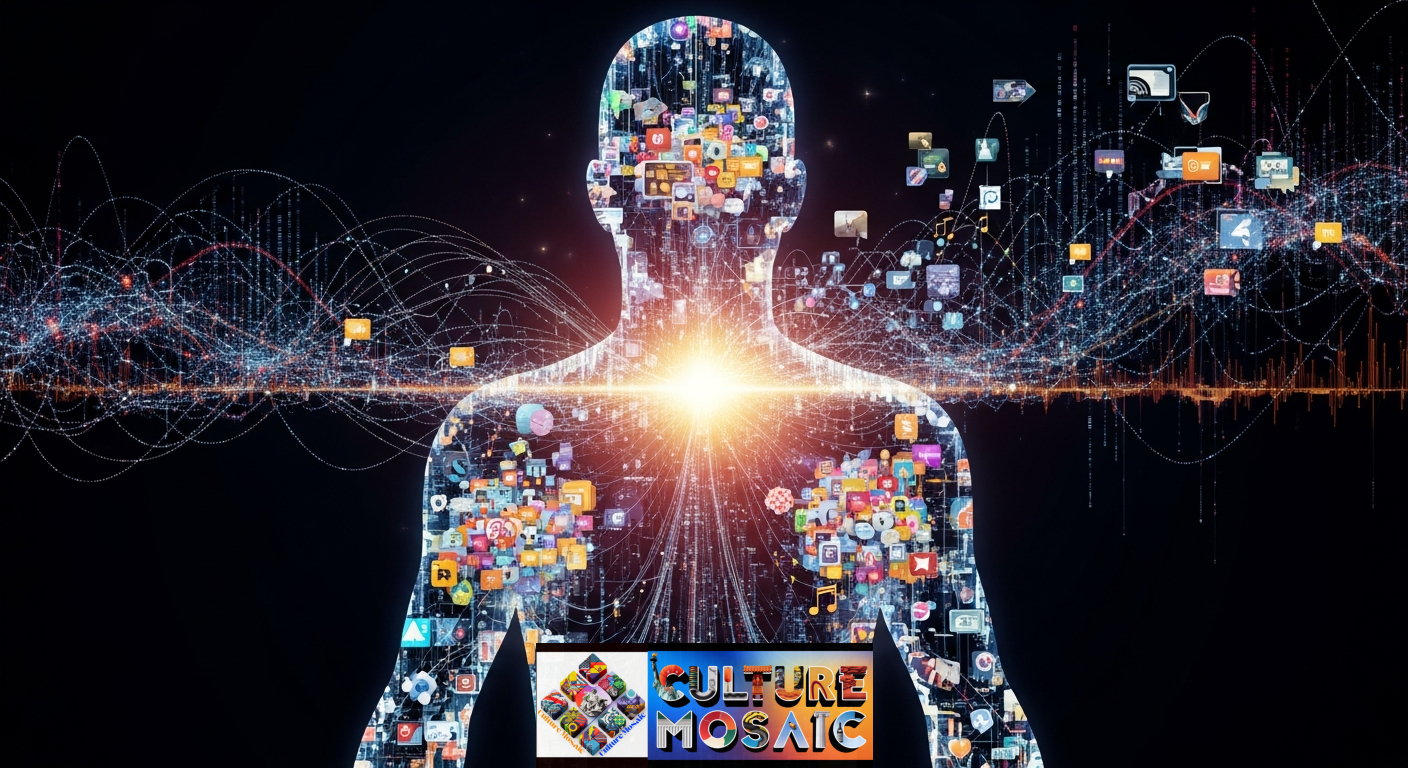
Cultural insight into personalized consumption examines why entire societies—particularly in the US—have embraced customized experiences as a fundamental expectation rather than a luxury. It’s not just about algorithms serving relevant content. It’s about understanding the psychological and cultural forces driving our demand for experiences that feel made just for us.
At its core, this cultural insight reveals three interconnected truths about American consumers today:
- We’re drowning in choice. The average person encounters thousands of marketing messages daily. Personalization acts as a filter, helping us find signal in the noise.
- We’re seeking belonging. In an increasingly fragmented society, personalized feeds connect us to micro-communities that share our specific interests, values, and aesthetics.
- We’re constructing identity. The products we buy, the content we consume, and the algorithms we train have become tools for self-expression and identity formation.
This cultural insight into personalized consumption explains why a teenager will spend hours curating a Spotify playlist or why adults obsess over their TikTok For You Page. These aren’t just entertainment choices—they’re acts of self-definition.
The Algorithm as Culture Maker: How Personalization Shapes American Experience
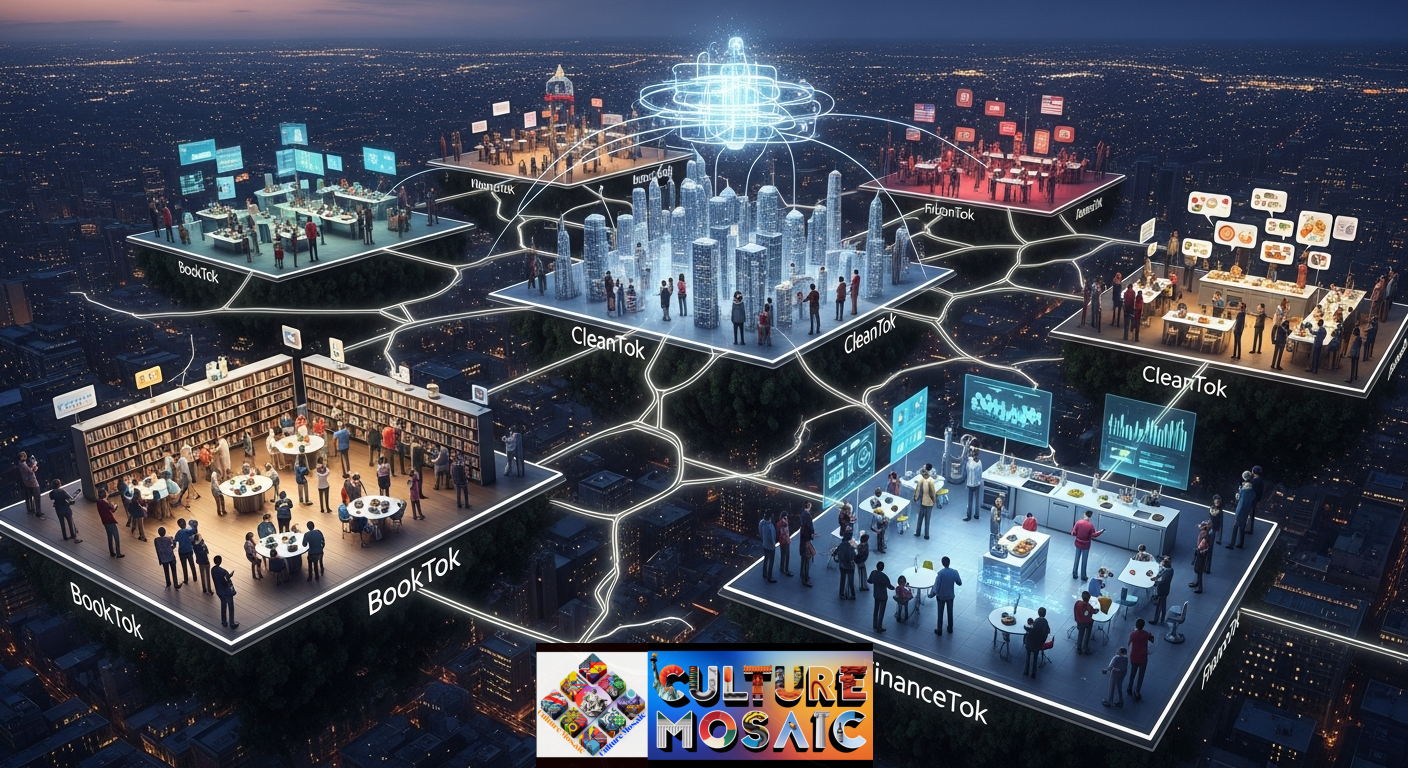
Traditional American culture was built on shared experiences. Everyone watched the same three TV networks. Popular music came from a handful of radio stations. Families read the same newspapers.
That world is gone.
Today’s cultural insight into personalized consumption shows us that algorithms have replaced broadcast media as the primary culture makers. TikTok’s algorithm doesn’t just recommend videos—it creates entirely new subcultures. BookTok, CleanTok, FinanceTok—these aren’t categories designed by someone. They emerged organically as the algorithm grouped people with shared interests.
This shift has profound implications. We’re experiencing culture more intensely within our niches while losing common cultural touchstones. Your TikTok feed might be unrecognizable to your coworkers, even though you’re both scrolling the same app.
The cultural insight here? Americans increasingly experience reality itself as personalized. We don’t just consume different content—we inhabit entirely different information universes. This creates deeper connections within our chosen communities but wider gaps across them.
The Luxury of Relevance: Personalization as Status Symbol
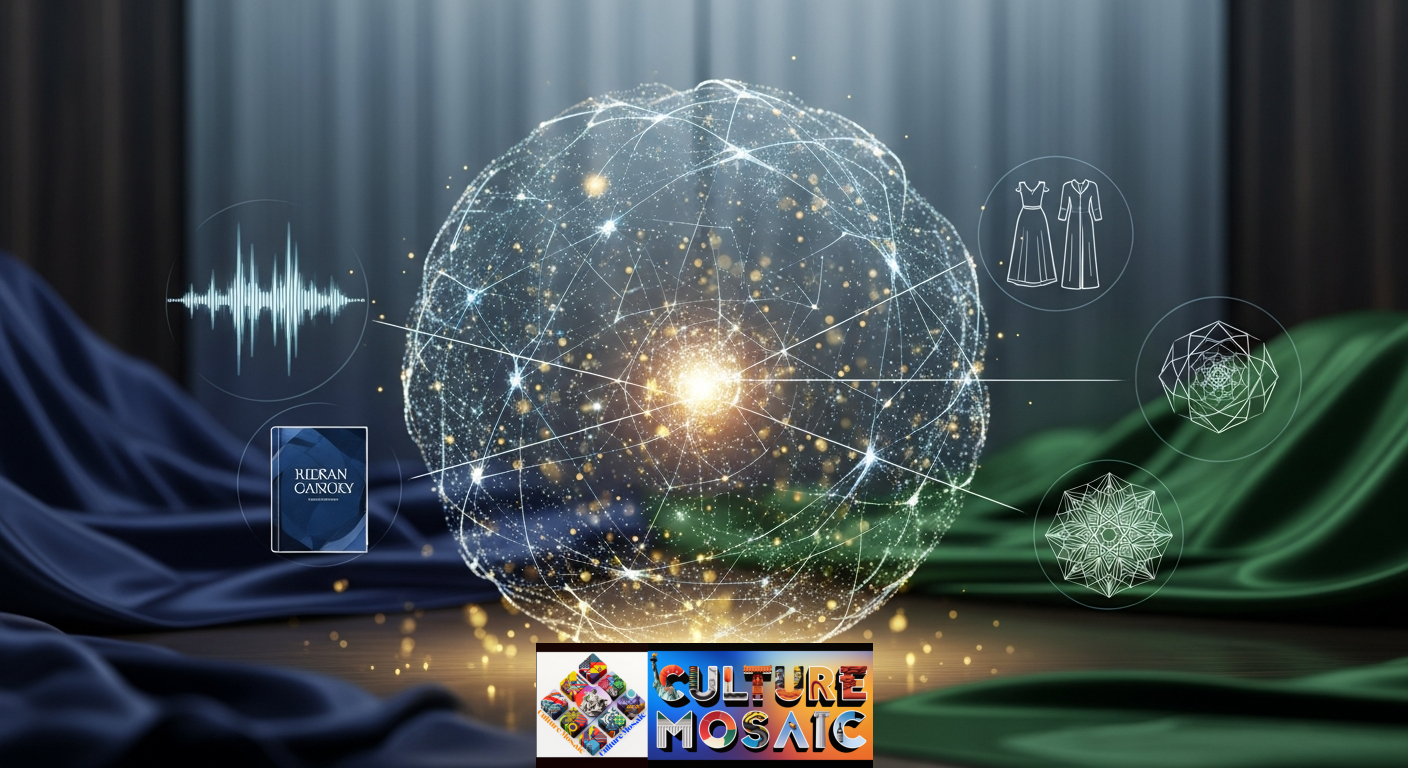
There’s a fascinating cultural insight into personalized consumption that marketers have embraced: personalization has become the new luxury.
Think about what luxury meant fifty years ago. Exclusivity. Scarcity. Limited access. Today, physical goods are more accessible than ever, but attention and time are scarce. The real luxury isn’t owning something rare—it’s having an environment perfectly tailored to your preferences without effort.
Consider Spotify Wrapped. This annual feature doesn’t just summarize your listening habits—it makes you feel seen. It turns data into identity, transforming consumption into a shareable status symbol. People post their Wrapped results like badges of honor, signaling their taste and individuality.
Netflix’s personalized homepage, Amazon’s recommendation engine, Stitch Fix’s styling algorithms—these services sell convenience, but what they’re really offering is the luxury of relevance. You don’t waste time on things that don’t fit you. Everything feels chosen specifically for your life.
This cultural insight into personalized consumption reveals why Americans will pay premium prices for services that “understand” them. It’s not about the product itself—it’s about the feeling of being known.
Identity Construction Through Personalized Consumption
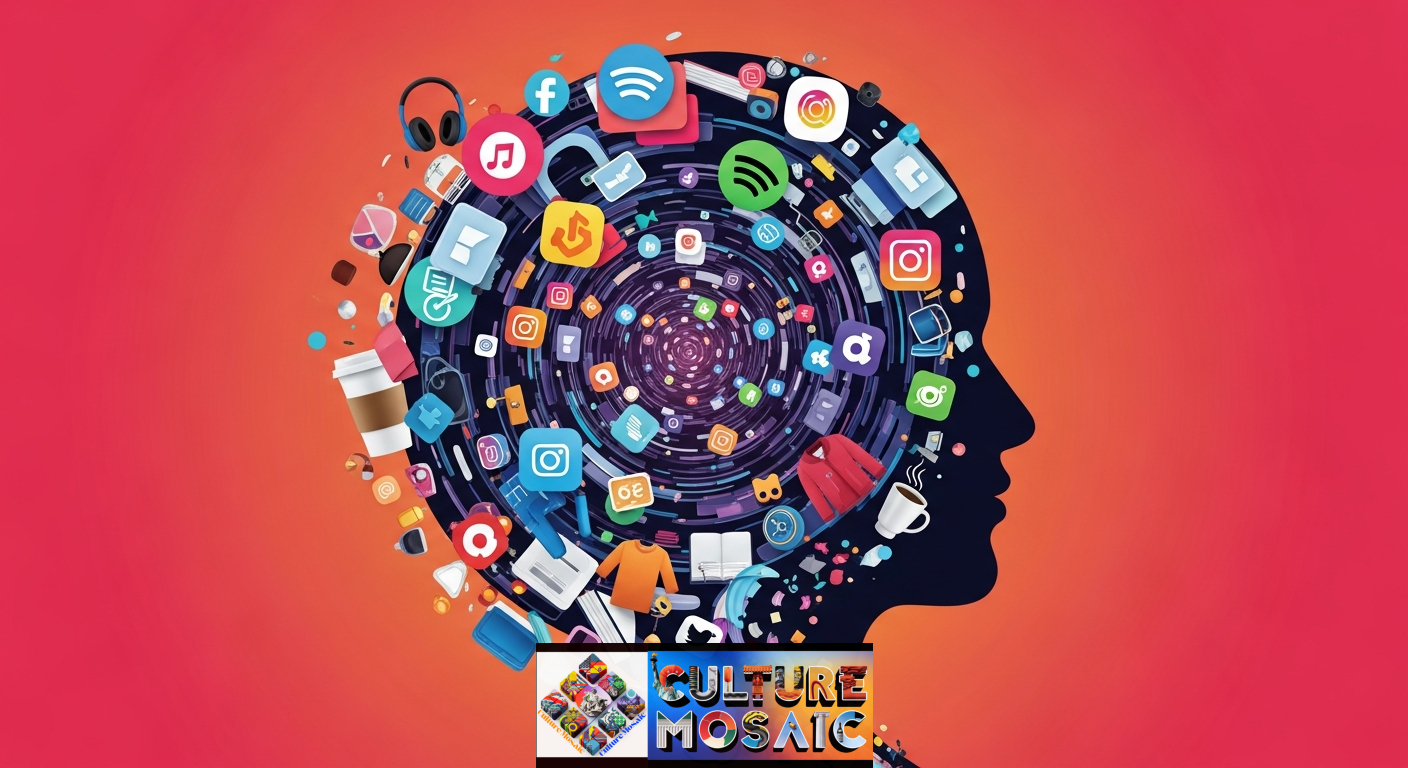
Perhaps the deepest cultural insight into personalized consumption concerns identity itself. For young Americans especially, curated consumption has become a primary tool for answering the question: Who am I?
This isn’t new. Humans have always used consumption to signal identity—think of punks wearing safety pins or hippies in tie-dye. What’s changed is the scale and precision.
Today’s personalization allows for infinitely more specific self-expression. You’re not just “into music”—your Spotify profile reveals you as someone who listens to bedroom pop, lo-fi beats, and early 2000s indie rock. Your Instagram aesthetic tells a story. Your Amazon purchase history maps your values and aspirations.
The cultural insight here is that Americans, particularly Gen Z and Millennials, are using personalized consumption as identity scaffolding in an uncertain world. Traditional markers of identity—religion, geography, occupation—have weakened. Consumption has filled that gap.
But there’s a paradox. While personalization helps us express individuality, it also traps us in filter bubbles. The algorithm learns what you like and shows you more of it, potentially limiting exposure to new ideas and reinforcing existing preferences. The cultural insight into personalized consumption must grapple with this tension: personalization helps us find ourselves, but might also limit who we can become.
Managing Information Overload: The Psychological Need for Personalization
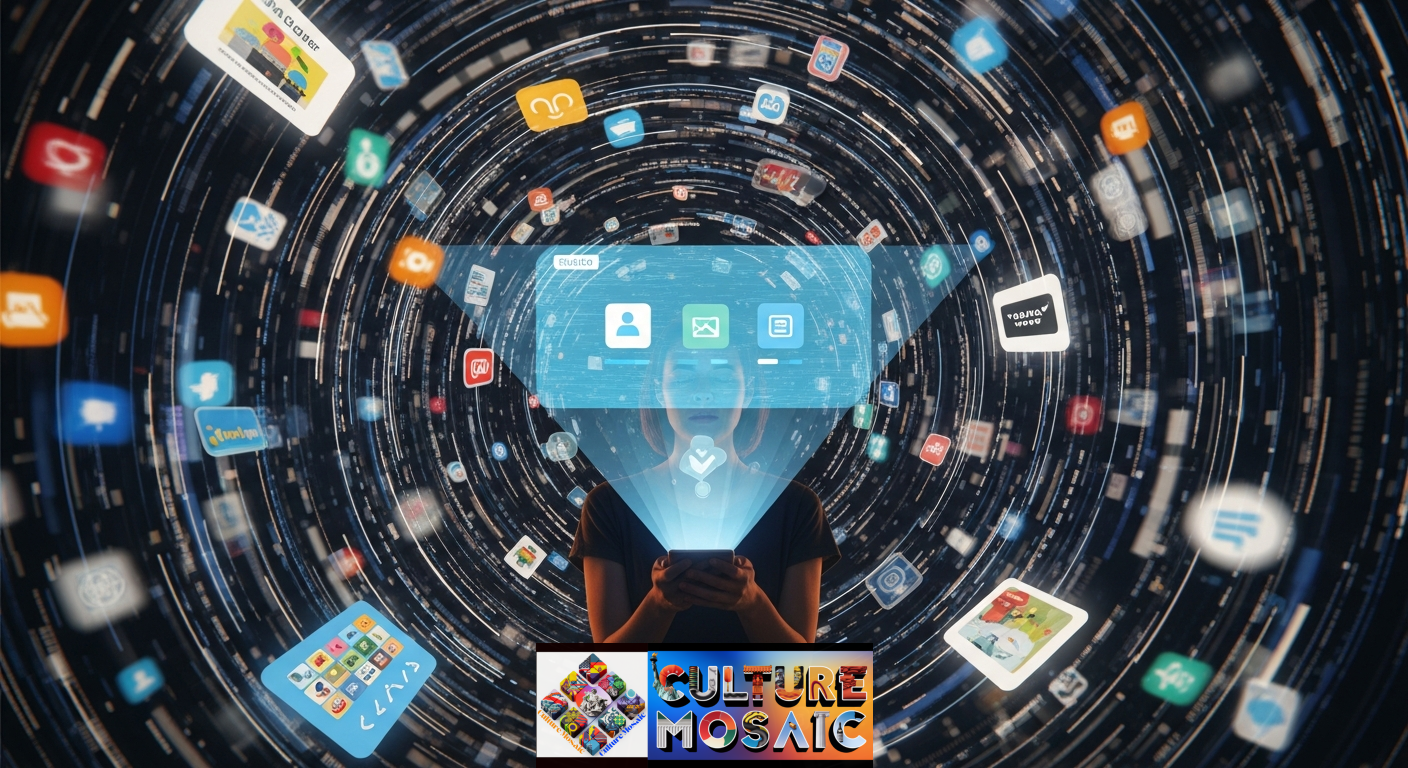
Here’s a critical cultural insight into personalized consumption that explains its staying power: Americans are overwhelmed, and personalization helps us cope.
Consider the numbers. The average person encounters 6,000 to 10,000 ads per day. Netflix offers thousands of titles. Spotify has over 100 million songs. Amazon lists hundreds of millions of products. Without filters, this abundance becomes paralyzing.
Psychologists call this “choice overload” or “decision fatigue.” When faced with too many options, people either freeze up or make worse decisions. Personalization solves this problem by narrowing choices to a manageable set that’s likely to satisfy.
The cultural insight? Americans haven’t just accepted personalization—we’ve come to depend on it as a survival mechanism in the attention economy. The algorithm isn’t a luxury feature anymore. It’s essential infrastructure for navigating modern life.
This dependency reveals something important about contemporary American culture: we’ve outsourced significant decision-making to machines. We trust Netflix to know what we’ll enjoy. We let Spotify build our playlists. We accept product recommendations from Amazon.
This trust represents a major cultural shift. Previous generations might have been skeptical of algorithmic recommendations. Today’s consumers see them as helpful, even necessary. That’s a profound cultural insight into personalized consumption—we’ve normalized machine mediation of our choices.
Beyond Retail: Personalization in Healthcare, Education, and News
The cultural insight into personalized consumption extends far beyond entertainment and shopping. Personalization is reshaping fundamental American institutions.
- Healthcare: Personalized medicine tailors treatments to individual genetic profiles. Apps track your specific health metrics and provide customized recommendations. Telemedicine platforms remember your history and preferences. The cultural expectation is shifting from one-size-fits-all treatment to healthcare that acknowledges your uniqueness.
- Education: Adaptive learning platforms adjust difficulty and pacing to individual students. College admissions have become exercises in personal branding. Even traditional schools are moving toward “personalized learning plans.” The cultural insight here is that Americans increasingly view education as something that should adapt to the learner, not the other way around.
- News Consumption: News aggregators and social media create personalized information feeds. Americans increasingly consume news tailored to their interests and viewpoints. This has obvious implications for shared civic knowledge and democratic discourse.
The cultural insight into personalized consumption reveals a society moving from standardized institutions toward flexible, individualized experiences across every domain. This brings benefits—more responsive services, better matches between needs and solutions—but also risks, particularly around polarization and inequality of access.
The Dark Side: When Personalization Becomes Isolation
Any honest cultural insight into personalized consumption must address its downsides. Personalization can become isolation. Filter bubbles can become echo chambers.
When everyone inhabits their own personalized reality, we lose common ground. Political polarization has worsened partly because Americans consume different news from different sources tailored to different viewpoints. Cultural fragmentation means fewer shared experiences that unite us across differences.
There’s also the creepiness factor. Americans love personalization until it feels too personal. We want relevant ads, but we’re disturbed when companies know too much. This tension—wanting both privacy and personalization—represents a key cultural contradiction.
The cultural insight here is that Americans are still negotiating the boundaries of acceptable personalization. We’re figuring out collectively how much customization we want and where we draw the line.
The Future of Personalized Consumption in American Culture
Looking ahead, the cultural insight into personalized consumption suggests personalization will only deepen. AI advances will make recommendations more accurate. Virtual and augmented reality will create entirely personalized immersive environments. Generative AI might create content tailored specifically to individual preferences in real-time.
But there’s also a counter-trend emerging. Some Americans are pushing back against algorithmic curation. They’re seeking serendipity, randomness, and shared cultural experiences. Vinyl record sales are up. Some people deliberately break their algorithms to discover new things. There’s growing awareness of filter bubbles and their effects.
The cultural insight? Americans want personalization, but we’re also starting to miss what we’ve lost—surprise, common culture, shared reality. The future will likely involve negotiating this tension rather than choosing one extreme.
Why This Cultural Insight Matters for Brands and Marketers
Understanding the cultural insight into personalized consumption is crucial for anyone trying to reach American consumers. Here’s why it matters:
- Personalization is table stakes, not differentiation. Consumers expect it. If your brand doesn’t offer personalized experiences, you’re already behind. The question isn’t whether to personalize but how to do it in ways that feel helpful rather than invasive.
- Context matters more than ever. The same person might want different experiences at different times. Good personalization adapts not just to who someone is but to what they need right now.
- Transparency builds trust. Americans are increasingly aware of how personalization works. Brands that explain their personalization (and give users control) build deeper relationships than those that treat it as black-box magic.
- Community still matters. Even in a personalized world, people crave connection with others. The most successful platforms balance personalization with community features that facilitate shared experiences.
The deepest cultural insight into personalized consumption for marketers? Personalization works best when it makes people feel understood without making them feel watched. That’s the line brands must walk.
Conclusion: Living in the Age of Personalized Everything
The cultural insight into personalized consumption reveals fundamental shifts in how Americans think about ourselves, our choices, and our place in society. Personalization isn’t just a marketing tactic or a technical feature. It’s become woven into the fabric of American life.
We use it to manage overwhelming choice. We depend on it to find our tribes in a fragmented culture. We leverage it to construct and express identity. We expect it from every service and institution we interact with.
This shift brings genuine benefits—more relevant experiences, less wasted time, better matches between needs and solutions. But it also carries risks—isolation, polarization, loss of serendipity, and shared culture.
Understanding this cultural insight into personalized consumption means recognizing both sides of this coin. It means appreciating why Americans have embraced personalization so completely while remaining aware of what we might be sacrificing in the process.
As we move further into this personalized future, the question isn’t whether personalization will continue—it will. The question is whether we can preserve what’s valuable about shared culture and common experience even as we increasingly inhabit customized individual realities.
That’s the cultural challenge of our moment. Understanding this cultural insight into personalized consumption is the first step toward meeting it.
Frequently Asked Questions
What is cultural insight into personalized consumption?
Cultural insight into personalized consumption refers to understanding the deep psychological and social reasons why Americans have embraced customized experiences across media, retail, and services. It goes beyond describing how personalization works to explain why entire populations now expect and demand experiences tailored specifically to them. This insight reveals that personalization addresses fundamental needs: managing information overload, constructing identity, finding belonging, and navigating an increasingly complex world.
Why do Americans prefer personalized content over shared experiences?
The cultural insight into personalized consumption shows that Americans prefer personalized content because it solves real problems in modern life. We face overwhelming choices and information overload daily. Personalization acts as a filter, delivering relevance without effort. Additionally, as traditional community structures have weakened, personalized feeds help people find micro-communities that match their specific interests. This creates a sense of belonging even in a fragmented society. Finally, personalized consumption has become a tool for identity expression in ways that weren’t possible with mass media.
How does personalization affect American culture and society?
Personalization is fundamentally reshaping American culture by creating more intense connections within niche communities while widening gaps across them. The cultural insight into personalized consumption reveals that we’re experiencing culture more deeply within our chosen areas of interest, but losing shared cultural touchstones that unite diverse groups. This has led to increased polarization, as people inhabit different information universes. However, it’s also enabled more authentic self-expression and helped people find communities they might never have discovered through traditional mass media.
Is personalized consumption good or bad for consumers?
The cultural insight into personalized consumption suggests it’s both beneficial and problematic. Benefits include reduced decision fatigue, more relevant experiences, better matches between needs and solutions, and tools for identity exploration. Downsides include filter bubbles that limit exposure to new ideas, potential for manipulation through targeted messaging, loss of shared cultural experiences, and privacy concerns. Most Americans want personalization’s benefits while minimizing its risks—a tension we’re still collectively negotiating as a society.
How will personalized consumption evolve in the future?
The cultural insight into personalized consumption suggests personalization will deepen with advancing AI technology, creating even more accurate predictions and potentially real-time generation of personalized content. However, there’s also a growing counter-trend of people seeking serendipity and shared experiences as a reaction against over-personalization. The future likely involves platforms that balance customization with features promoting discovery and community. Americans will increasingly demand both personalization and transparency about how it works, plus more control over their data and algorithmic experiences.

